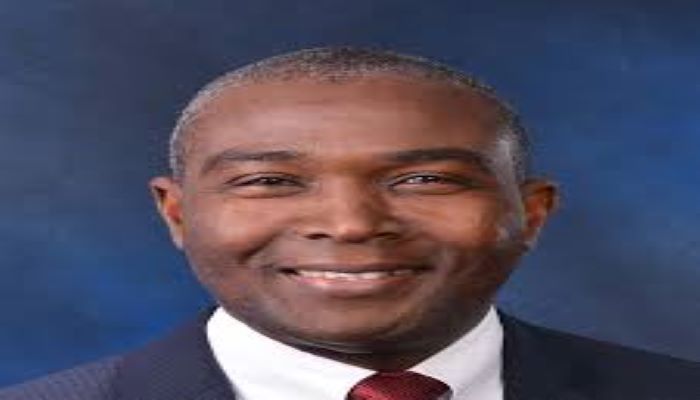Photo caption: Managing Director/CEO, Nigeria LNG, Philip Mshelbila
The Managing Director of Nigeria LNG Limited, Dr Philip Mshelbila, has revealed that only two of the company’s six gas trains are currently operational, attributing the operational challenges to persistent attacks on its gas pipelines by vandals.
Speaking at a panel session during the ongoing Nigeria International Energy Summit on Wednesday in Abuja, Mshelbila decried the significant losses suffered by NLNG due to the insecurity surrounding its gas assets.
He emphasised that the company has struggled to meet global demand for liquefied natural gas because of the damage caused by illegal pipeline connections.
“In the current moment, I am only running two trains out of six,” Mshelbila lamented.
“Three of our gas supply pipelines are down for repairs due to illegal connections by thieves. These are critical lines—GTS 1, GTS 2, and GTS 4—that supply the energy required for our operations.”
The NLNG boss also called for a reevaluation of energy security, highlighting that while progress has been made in securing oil infrastructure, the situation for gas is becoming precarious.
“Energy security has to be seen as important as national security. However, gas security has deteriorated, and until we can safeguard these pipelines, we will continue to underperform,” he said.
He noted that numerous European countries and others have approached Nigeria for LNG supplies but that the country has been unable to meet these requests.
“Countries like Qatar and the US are in a stronger position, and we are unable to compete due to the security challenges we face,” he added.
This insecurity has also had a tangible impact on Nigeria’s LNG exports. Earlier this year, the country’s LNG exports saw a 20 per cent decline, following the destruction of vital pipelines by suspected vandals. Consequently, planned shipments for next month are expected to face delays of at least 10 days.
Despite these challenges, Mshelbila praised the Nigerian government for its role in creating an enabling environment that has attracted substantial investments into NLNG.
He lauded the public-private partnership model that has driven the success of the company, notably in the development of the Train 7 project.
“Train 7, a $5bn investment, is an example of the success of this model. We’ve been overwhelmed by the interest shown by investors, which is a positive reflection of the company’s governance and structure,” he said, highlighting the significance of the project as a beacon for potential investments in the energy sector.
However, he also pointed out that while NLNG has benefited from this model, the broader Nigerian economy faces numerous investment challenges, particularly concerning energy security.
He echoed calls made by other industry experts for the government to prioritize energy security as a key national concern.
The Special Adviser to the President on Energy, Olu Verheijen, also commented on NLNG’s success, calling it a model for the energy sector in Nigeria.
She emphasised the importance of transparent governance, financial rigour, and the need for clear commercial processes to attract investment.
“The NLNG model is one we should replicate for sustainability in the sector. Clear governance and stable companies that meet commercial and financial criteria will help attract capital to address the nation’s energy needs,” Verheijen remarked.
She, however, reiterated that security remains a significant hurdle, calling on stakeholders to resolve the issues plaguing energy infrastructure across the country.




